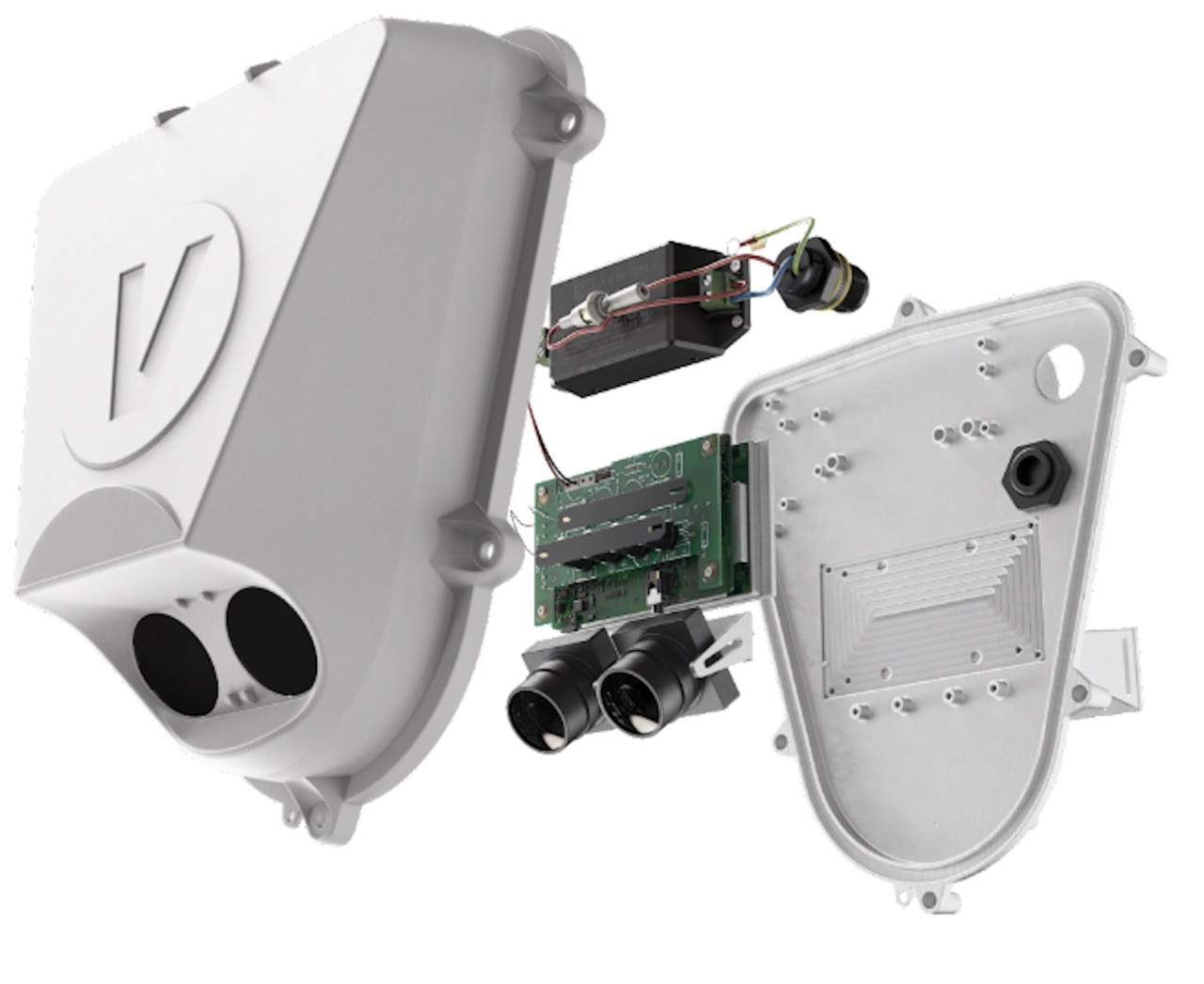Around 39,000 people were killed in motor vehicle incidents in the USA in 2020 — and 6,200 of those deaths were pedestrians. Needless to say, those deaths aren’t just statistics: each has a ripple effect on families, loved ones and the wider communities. Viva is looking to tackle transportation impacts after raising $8.5 million in funding to expand its transport data collection into North America, with the long-term hope to reduce the number of injuries and make traffic safer overall.
Viva (or VivaCity as it is known in the U.K.) is already well-established in Australia and the U.K. and is now bringing its artificial intelligence sensors to New York City. It will work with the New York City Department of Transportation (NYC DoT) on a new safety data analysis project. Viva’s sensors gather anonymized data showing how different street users move (or don’t) through the city. They can monitor how many vehicles or people are traveling in which direction, where and when congestion occurs and even detect “near misses” between vehicles or vehicles and pedestrians.
This wealth of anonymized data is intended to assist NYC DoT in making strategic decisions that help people move from A to B more efficiently, more sustainably and more safely. The theory is that if you can predict where accidents are likely to occur, taking action to prevent them beats waiting for one — or more — to happen before trying to do something about it.
“There is a critical need for technology that adapts to the changing mobility landscape. Reactive decision-making is not fit for purpose and it is costing lives. To change, we need to have data to better understand how people are using the roads,” Viva’s CEO Mark Nicholson explains. “This helps authorities to redirect their billions of annual infrastructure investment into the right places.”
“The main driver for both myself and my co-founders is to tackle climate change. It’s the sad truth that globally, transport is the most stubborn when it comes to emissions — even with electric vehicles coming in,” says Nicholson. In a nutshell, poor transport infrastructure is a people-killer in more ways than one. “Making our streets safer means more people can go places on foot or by two-wheeled pedal-power. Good for people, good for the planet.”
“I’m excited to see the impact this will have on road safety, particularly for vulnerable road users like cyclists. The perception that the roads are dangerous is the No. 1 reason that people don’t cycle more, so anything we can do to change that will have a huge climate impact,” says Nicholson.
Nicholson and his co-founders met at university in 2011, when they raised half a million dollars to build an experimental car that was 50x more efficient than standard road vehicles. Bitten by the entrepreneurial bug, they founded Viva in 2015, looking to improve road safety and fight climate collapse.
Optibus taps $100M at a $1.3B valuation for its AI-based mass transit operations platform
Since its foundation, Viva has deployed more than 3,500 sensors in seven countries. These sensors can detect nine different modes of transport and have accumulated an impressive 20 billion road user counts. Its latest funding aims to help it grow further.
Viva’s latest funding is led by sustainable infrastructure VC investor EnBW New Ventures (ENV), sustainability-led alternative assets and SME investment manager Foresight Group and Gresham House Ventures, the growth equity arm of specialist alternative asset manager Gresham House. Using this fundraising, Viva says it is focused on continued growth, with two particular goals:
First is its internal expansion, of which the New York City collaboration is a part. “We’re already present in over 100 U.K. cities and have worked with authorities in Australia and around Europe to better understand their roads,” says Nicholson. “With our sensors installed in Manhattan, Brooklyn and Queens, NYC DoT are now analyzing this data to prioritize projects for the areas most in need of safety and other improvements.”
Mobileye is using its sensors to create detailed maps of the UK
The second goal is to expand the Viva product line. “Our vision is for road transport infrastructure to become data-driven, including real-time systems like traffic signals. The new product portfolio has targeted products that address the three major challenges the industry faces: road safety, sustainable transport and network optimization to beat congestion,” Nicholson concludes.
Nicholson is in no doubt of how valuable the data collected by Viva can be to creating livable cities. “If we look back 10-20 years, other industries have been revolutionized by data, including advertising, marketing and retail. These industries are now radically different because of data that has gone into their ecosystems.”

The collation of large-scale anonymized data will allow for the analysis of how a city’s roads function: how and when people move about, and where the bottlenecks and blackspots are. Ultimately, this can lead to safer streets and livable cities where citizens aren’t afraid to engage with active travel.
You might have noticed how there’s an emphasis on “anonymized data” here — the company tells TechCrunch that privacy-by-design is fundamental to the company, and it claims that maintaining the security and confidentiality of people’s data is critical to the company’s success.
“I believe strongly that the future of the Smart City has to be citizen-centric,” says Nicholson. “As such, we have designed our solutions from the ground up to guarantee the privacy of every citizen. The system was developed using data protection-by-design principles and is fully compliant with GDPR.”































Comment